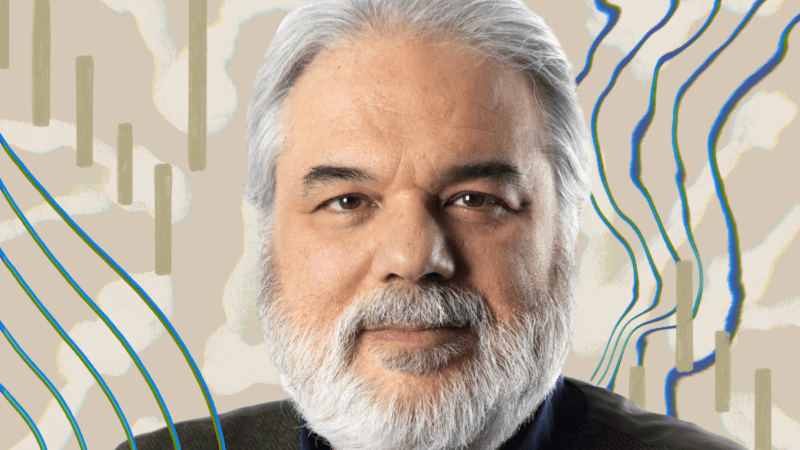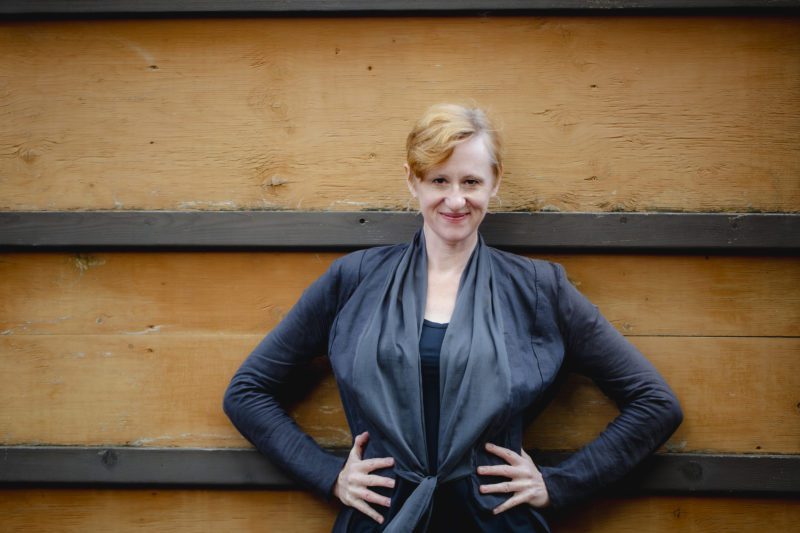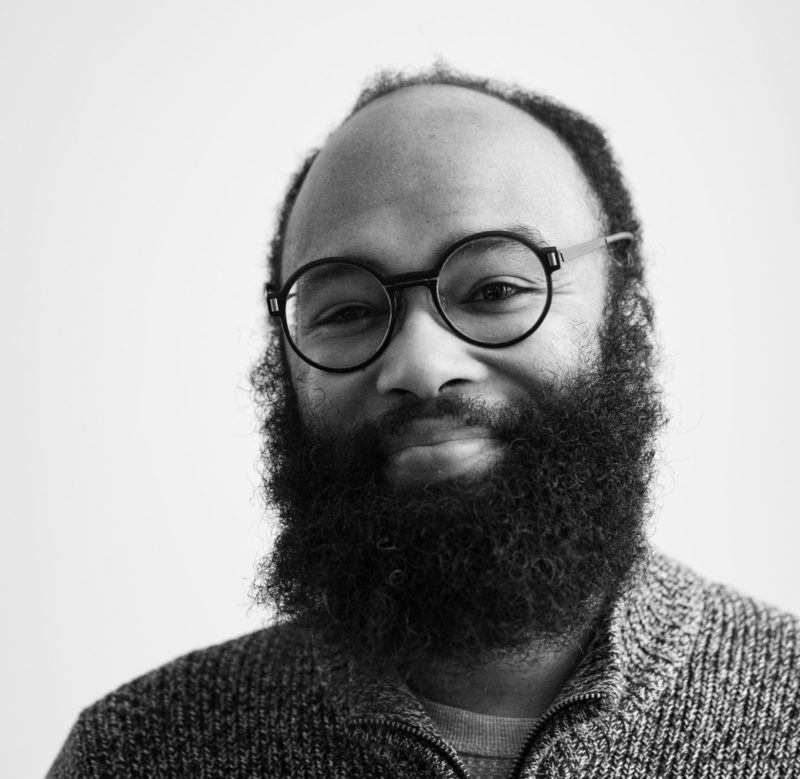
First sponsored a hundred years ago by a local prince, the Donaueschingen Festival in the Germany’s Black Forest was the first official festival of “New Music”. It defined what this term means: exploration of sonic twists and rhythmic turns, of novel forms, of bold attitudes, of intellectuality in making music. New Music self-identified as that sonic practice in which concepts, durations and spectra, the deep innards of music making, are more important than melodies, or grooves.
My teacher Killmayer begged to differ. His resistance to New Music was not reactionary: he thought it was too simplistic. He detested procedures and rules in composition: they are for people with lazy minds - and senses. For all its grand concepts, this music too often sounds and feels like a sophisticated muddle. “It is the easiest thing to create a muddle, a complication” he used to say. “Entropy will always take care of that!” He wanted to explore how music really worked in us. From where do melodies emerge? His music wants to be radically responsible for the richness of the moment, even more than improvisations could be: because improvisers must rely on what their body knows. As a composer, you are free at every instant, and thus must always choose, radically.
When I encountered his music, I was mystified by Killmayer's almost empty scores. He famously wrote “Sostenuto”, a cello concerto whose solo part consists only of whole notes: “Because only a master can make real music from such long notes.” His “Études blanches” for piano, too, speak of that virtuosity of the momentary: the scores look easy, but when you play them, you will need to muster all your life experiences as a musician to unlock their hidden depths.
At first, I was not convinced: Complexity, to me, seemed exciting, cool. But gradually I realized that, other than that of many other New Music composers I know, Killmayer's music has accompanied me across years and continents - not individual tunes or beats, but its entire sonic web. “Sounds are my friends.” Killmayer used to say, “I do not take them for granted, stereotype them, or drown them in a nameless mass of sound.” In his “Schumann in Endenich”, this bipolar romantic composer sits at the hospital piano, obsessively pressing two keys – and from these Schumanns inner demons emerge.
His “Hölderlin-Lieder”, setting cryptic texts from the poet’s so-called “mad” years of reclusion, evoke the romantic Lied. However, instead of pain and alienation, we encounter a blissful world of subtle interconnectedness: Hölderlin’s madness? Daring to always look on the bright side!
Killmayer’s music is very different from mine. ”Oh no, now you are just knitting again…” he would exclaim, looking at my student scores. His scores allude, they do not expound.
Yet they have shaped my composing in so many ways:
Do not write music for others' tastes: you yourself must like what you make.
Remain transparent and plain – simple beauty is hard to achieve!
Reading poetry aloud will teach you how sound makes meaning!
Take time to breathe!
Write for intelligent musicians, do not write for instruments!
Compose - and yet know that music remains unwritable …
Montréal, 15.April 2024



